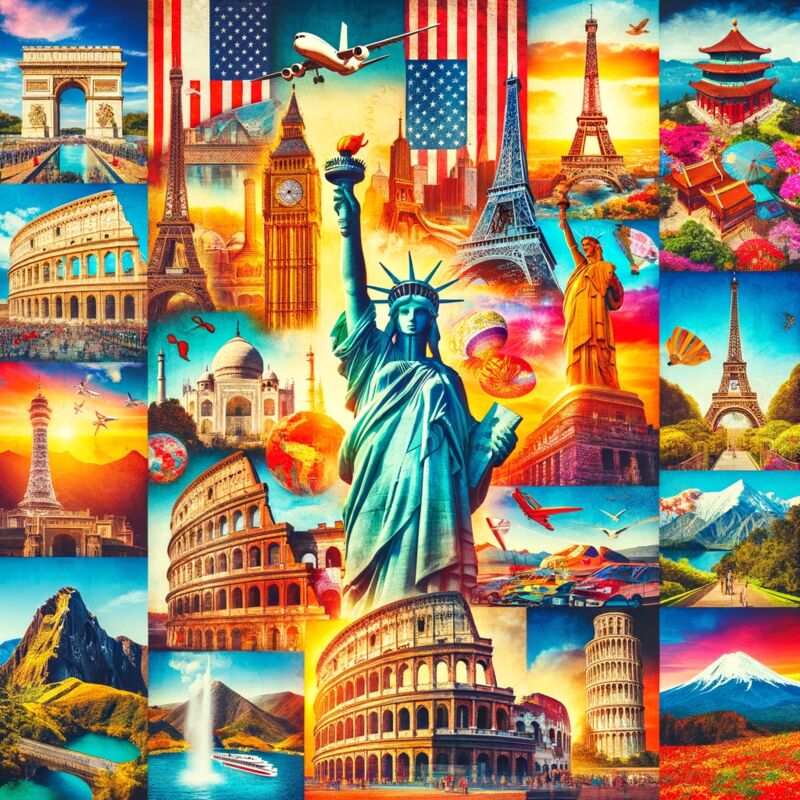Essential Travel Information for Visiting Denmark
General Facts
Denmark is a nordic country characterized by its historic landscapes, modern design, and a high standard of living. With its capital at Copenhagen, Denmark is known for being the home of the famous fairy tale writer Hans Christian Andersen and the iconic Little Mermaid statue. Here are some quick facts:
- Language: Danish; English is widely spoken
- Currency: Danish Krone (DKK)
- Time Zone: Central European Time (CET, UTC+1)
- Tipping: Not mandatory, but appreciated for good service
Best Time to Visit
Peak Season: June to August - Extended daylight and warmer temperatures.
Shoulder Season: May and September - Moderately pleasant weather with fewer tourists.
Off Season: November to March - Cooler climate and shorter days, ideal for those who prefer less crowded attractions.
Travel Documents and Entry Requirements
Non-EU citizens will typically need the following:
- A valid passport with at least six months remaining
- A visa, if applicable (check the Danish Ministry of Foreign Affairs for requirements)
Remember to check for any travel advisories or entry requirement changes before planning your trip.
Transportation
Denmark boasts a highly efficient public transportation system:
- Trains: Extensive network connecting major cities
- Buses: Comprehensive coverage, even in rural areas
- Cycling: Denmark is extremely bike-friendly with dedicated lanes
- Car Rentals: Available for those who wish to explore at their own pace
Accommodation
Denmark offers a range of accommodation options:
- Hotels - From budget to luxury
- Hostels - Economical for solo or group travelers
- Bed & Breakfasts - Cozy and family-friendly
- Vacation Rentals - Ideal for longer stays
Always book in advance, especially during the peak tourist season.
Cuisine
Don't miss trying the Danish cuisine:
- Smørrebrød - Traditional open-faced sandwich
- Wienerbrød - Danish pastries
- Frikadeller - Danish meatballs
- Snapse - Danish spirit, often enjoyed during a meal
Denmark also has a burgeoning food scene with numerous Michelin-starred restaurants, especially in Copenhagen.
Safety and Health
Denmark is considered one of the safest countries in the world, but it's always wise to exercise regular safety precautions. For health, European Health Insurance Card (EHIC) holders are entitled to free emergency healthcare. Otherwise, ensure you have adequate travel insurance. For emergencies, dial 112.
Connectivity
Staying connected in Denmark is not a problem:
- Wi-Fi is widely available in public places
- Prepaid SIM cards can be purchased for local calls and data
- Internet cafes and libraries for those who need access to a computer
Culture and Etiquette
While Danes are friendly and informal, they also appreciate politeness and respect for personal space. Be punctual for appointments and remember to keep noise to a minimum in public spaces.
Local Customs and Holidays
Understanding and respecting local customs and holidays can enrich your travel experience:
- Constitution Day (June 5th)
- Midsummer's Eve (June 23rd)
- Christmas Eve (December 24th)
Note that most shops and businesses will be closed on these and other public holidays.







